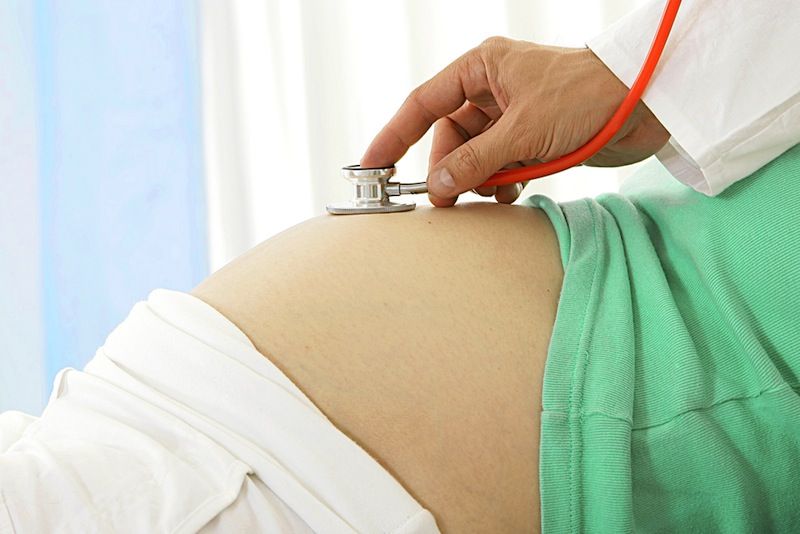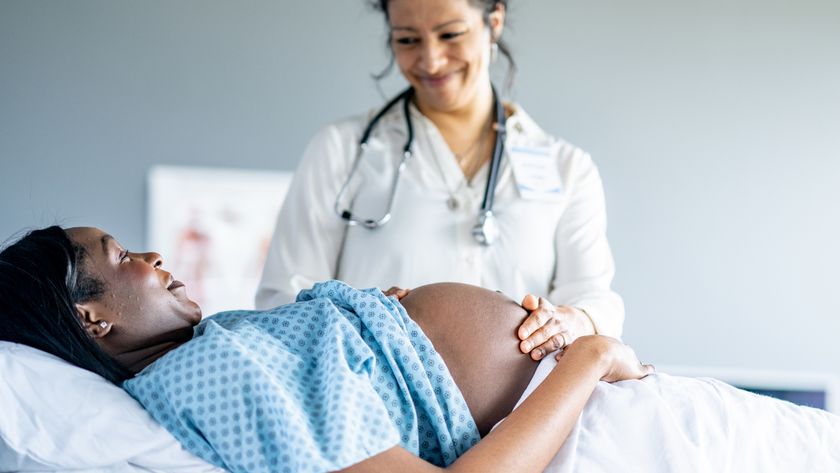Women's Risk of Early Death Linked to Reproductive Milestones

Some factors related to a woman's reproductive health — such as the age at which she had her first period or the age at which she gave birth to her first child — may be related to her risk of dying early, a new study suggests.
In the study, the researchers asked about 323,0000 women from 10 European countries about their diets, lifestyles and medical histories. The women were 50 years old, on average, when the study began, and the researchers followed them for 13 years.
"We observed, after controlling for other factors known to influence risk of death — such as body mass index, smoking habits and physical activity levels — that several reproductive factors were associated with a significantly lower risk of death," study author Melissa Merritt, a research fellow in cancer epidemiology at the Imperial College London, said in a statement.
By the end of the study, about 14,000 of the women died, including about 6,000 who died from cancer and about 2,400 who died from diseases of the circulatory system (including heart attacks and strokes), according to the study.
The researchers found that women who got their first period at age 15 or older had a 10 percent lower risk of dying over the 13 years than those who got their first period at age 12 or younger.
Moreover, among the women who had kids, those who gave birth to their first child earlier in life, when they were 20 years old or younger, had a 10 percent higher risk of dying during the study period than those who first gave birth when they were between 26 and 30 years old. [Wonder Woman: 10 Interesting Facts About the Female Body]
And those who gave birth to their first child even later, when they were 31 or older, had an 8 percent higher risk of dying during the study than those who gave birth to their first child when they were between the ages of 26 and 30.
Sign up for the Live Science daily newsletter now
Get the world’s most fascinating discoveries delivered straight to your inbox.
Among the women who had children, those who had ever breast-fed had an 8 percent lower risk of dying during the study than those who had never breast-fed, the researchers found.
The women in the study who had ever taken birth control pills had a 10 percent lower risk of death during the study period than those who had never taken the pills (among women who had never smoked), the scientists found.
The researchers said they don't know for sure what may explain the links between these reproductive factors and women's risk of dying during a given time period. But the scientists said they suspect that the hormonal changes that occur in women's bodies during menstruation, pregnancy and breast-feeding may be involved.
For example, girls who start menstruating at a younger age have a higher risk of breast cancer later in life, which could be mediated through higher levels of estrogen in their bodies, previous research has suggested.
Still, "further studies are needed to confirm these findings and to identify the mechanisms that may link reproductive factors with risk of death," Merritt told Live Science. "We hope that with additional study, these results may contribute to the development of improved strategies to promote better long-term health in women."
The new study was published today (Oct. 29) in the journal BMC Medicine.
Follow Agata Blaszczak-Boxe on Twitter. Follow Live Science @livescience, Facebook & Google+. Originally published on Live Science.

'Love hormone' oxytocin can pause pregnancy, animal study finds

'Mini placentas' in a dish reveal key gene for pregnancy










